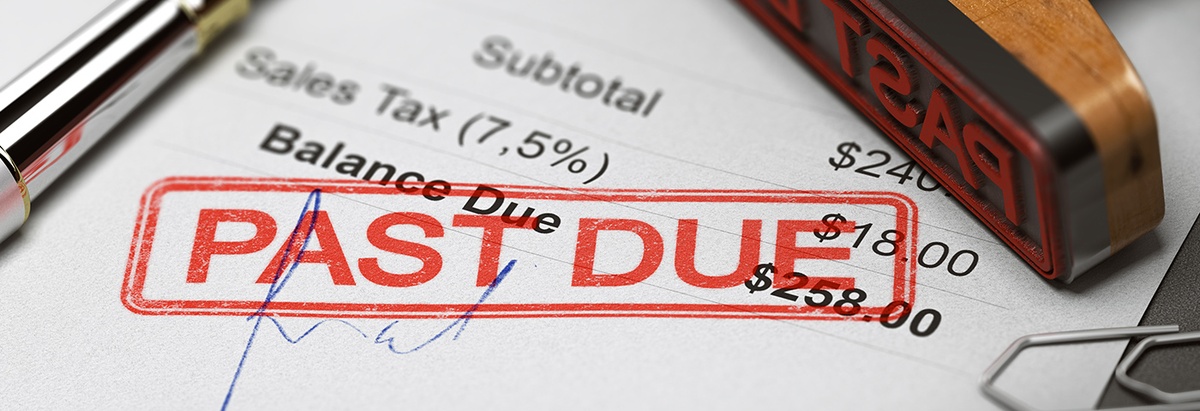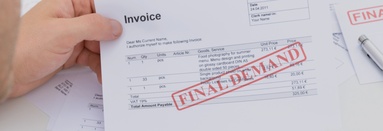Business and consumer debt collection involves two different processes that can be carried out by a collections attorney or agency, but they are distinct from one another.
What is consumer debt?
Consumer debt includes all loans — such as credit card debt, medical bills and utility payments — that are owed by individuals or businesses to other individuals.
Businesses can also have consumer debts if they sell to consumers (e.g., selling products directly to consumers).
What is business debt?
Business debt is a debt that is owed by a business to another business. A consumer who owns a business may also have several different kinds of debts: personal (consumer) debt and/or business (trade) debt(s).
Consumer vs. Business collections
Business collections are similar to consumer collections in some ways, but they have some key differences. For example, business collections are more complex and time consuming than consumer collections. This is because of the unique rules and regulations that govern how businesses operate.
Businesses must follow a variety of local, state, or federal laws related to debt collection practices such as fair debt collection practices; restrictions on communications with consumers; limitations on how much you can charge them for services rendered; requirements for keeping detailed records about your accounts receivable; etc.

How should you approach the collections process when dealing with consumers and businesses separately?
When you're collecting a debt from a consumer and then turning around to collect the same debt from that same consumer's business, there are some key differences in the way you should approach each situation.
The first thing to understand is that consumers have different needs than businesses when it comes to debts. Consumers are more likely to be concerned with their credit score and how paying off their debt will affect it; they may also be struggling with other financial issues such as unemployment or medical bills, which makes them more likely than businesses (who tend not to care about their personal finances) to want help with resolving their accounts before they fall into default status.
Businesses need to take a strategic approach when collecting payments from their customers.
As a business owner, you have to take a strategic approach to collecting payments from your customers. You need to consider your own needs and the needs of your customers. You also need to think about how much it will cost you in time, money and reputation if you pursue a legal collection action against them.
When deciding whether or not to pursue collection on an unpaid invoice or other debt obligation, there are many factors that go into this decision:
- Is this customer likely able and willing to pay? If so, at what point do I send them an invoice?
- How often do I follow up with them for payment?
- How long can I wait before taking action?
- Will they pay me even though we've never done business together before (eBay purchases)?
- Can I afford another bad review online if I don't collect right away?
- Do I really want my name associated with this person/company ever again after this experience (if so, then maybe just let it go)?
Conclusion
We hope that this article has given you some insight into the differences between consumer and business collections. In conclusion, it is important to remember that there are many factors to consider when deciding whether or not your company needs to hire a collections attorney. If you have decided that this is something worth exploring, then we encourage you to register on Retrievables and find the most suitable collections law firm.









